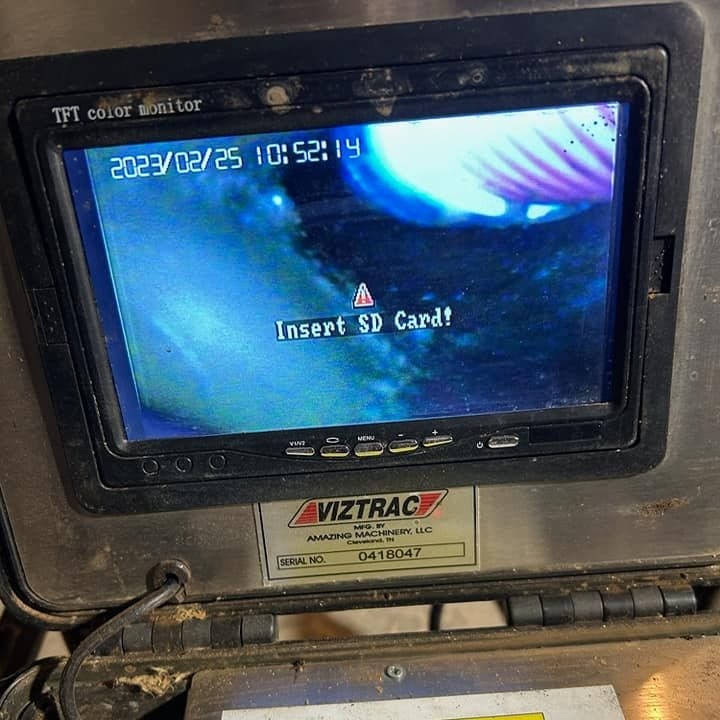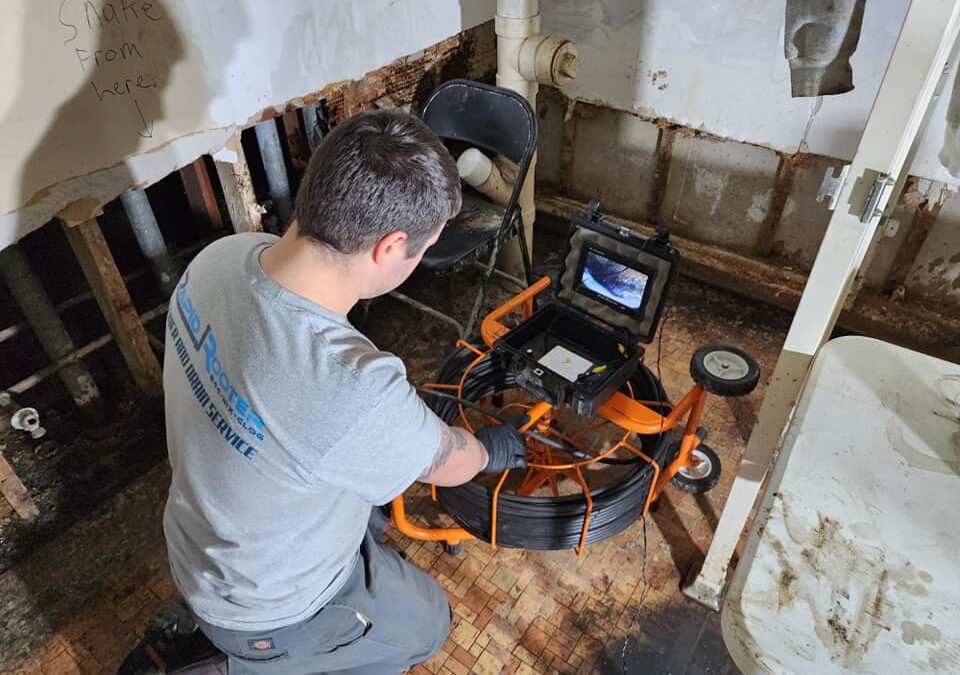Underground water leaks can be a significant inconvenience, leading to higher water bills, lower water pressure, and serious property damage. Detecting these hidden issues early is critical for avoiding considerable inconvenience and cost. The inconvenience of commercial leaks often involves significant downtime and disruptions to operations, which can be frustrating and costly for businesses. Let’s go over the necessity of detecting underground water leaks, the methods used, and the measures you can take to remedy these concerns.
Understanding the Need for Detecting Underground Water Leaks
Water is a valuable resource, and wasting it not only raises utility bills but also has a negative environmental impact. Detecting water leaks underground can help prevent small concerns from becoming severe problems, such as soil erosion and foundation damage, which are expensive to repair. Recognizing the indicators of subsurface leaks is the first step toward overcoming this difficulty.
Common symptoms include inexplicable wet spots in the yard, a significant decline in water pressure, and an unexpected surge in water costs. If you see any of these difficulties, it might be a clear sign of an underground leak. Additionally, issues like slab leaks can cause similar problems and require specific slab leak detection methods to accurately locate and address the leaks. Identifying these issues early can save you from costly repairs and extensive damage.
How to Detect Underground Water Leak: The Professional Approach
Detecting underground water leaks requires a mix of skill and modern technologies. Our Danbury leak detection professionals use the right instruments to pinpoint the exact site of a leak without requiring extensive excavation. Here’s how they do it.
Acoustic Leak Detection
This technique entails listening to the sound of escaping water. Highly sensitive microphones and listening devices are employed to detect the noise produced by water as it exits the pipe. It is important to note that human ears are typically unable to detect this noise at its lowest frequencies; that’s why specialized equipment is required.
Infrared Thermography
Infrared thermography employs thermal cameras to detect changes in ground temperature. Because water coming from pipes frequently has a different temperature than the surrounding soil, cameras may detect these differences and signal the location of a leak.
Ground Penetrating Radar (GPR)
GPR technology has proved effective in detecting non-metallic and metallic pipes, as well as anomalies related to water leaks. It transmits radar pulses into the earth and detects how they reflect back to the surface, demonstrating the location of subterranean utilities and disturbances such as leaks.
Digital Correlation Technology
Professionals frequently utilize digital correlation technology to identify leaks in large and complex underground water systems. This approach includes putting sensors along the pipeline and monitoring how long it takes a sound to travel between two sites. Differences between predicted and actual timings may indicate a leak.

DIY Tips: How to Detect Underground Water Leak
While professional leak detection is very accurate, householders may use the following ways to check for leaks:
- Monitor Your Water Meter: Turn off all water fixtures in your home and see if the meter continues to move. If it does, there’s probably a leak somewhere in your system.
- Check Your Water Bill: An unexplained increase in your water bill can indicate a leak. Compare your current usage with previous months to identify any significant changes.
- Conduct a Dye Test in Your Toilet: A major source of leaks is the toilet. To check this, simply put a few drops of food color in the tank and then wait 30 minutes. If the color appears in the bowl, it signifies a leak.
Preventing Underground Water Leaks
Preventative actions are critical for addressing the dangers connected with underground water leaks. Leaks may be avoided by performing regular maintenance inspections, properly insulating water pipes, and monitoring your water bill for unusual changes. Furthermore, using high-quality materials and suitable processes when installing new pipes reduces the probability of future leaks.
Final Thoughts On Underground Leak Detection
The process of detecting underground water leaks is complex and requires expert knowledge and gear, but understanding the fundamentals can help homeowners identify possible difficulties early on. Whether you choose to detect water leaks underground yourself or hire an expert, the goal remains the same—to treat leaks as soon as possible and minimize the considerable damage and expenses connected with them.
If you detect an underground water leak or simply want to keep your plumbing system in good working order, Rapid Rooter can assist. We offer comprehensive plumbing leak detection services to find and fix subterranean leaks using skilled experts equipped with cutting-edge leak detection equipment. Trust Rapid Rooter to provide expert, dependable solutions that preserve your property and conserve water. We strive to provide you with peace of mind and prevent costly problems in the future.

